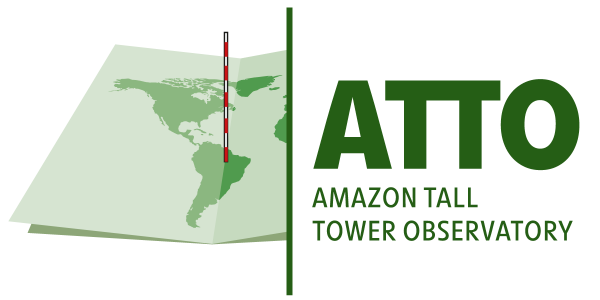The PhD project is part of the International Max Planck Research School for Global Biogeochemical Cycles (IMPRS-gBGC) at the Max-Planck-Institute for Biogeochemistry in Jena, Germany.
In cooperation with the Friedrich Schiller University Jena, the Max Planck Institute for Biogeochemistry houses a unique and flexible research program that grants German and foreign students a broad selection of learning opportunities while still maintaining a research focus. The IMPRS-gBGC offers a PhD program specializing in global biogeochemistry and related Earth System sciences.
Supervisors for the project are by Prof. Susan Trumbore and Daniel Marra.
Project description
Amazon forests account for ~25% of global land biomass and tropical tree species. Yet, we still understand little of the role played by disturbance mechanisms like windthrow and recovery as controls on biomass and community structure over century timescales. The potential for climate change to alter the severity and/or frequency of downbursts that can cause windthrow can, therefore, lead to changes in future forest biomass. In central Amazon forests near Manaus, Brazil, we are conducting a detailed study to observe wind damage at the level of a few trees or tree crowns and to put this in the larger context of biomass balance in a large permanent plot. We conduct this research as part of the joint Brazilian-German research consortium ATTO (Amazon Tall Tower Observatory). The focus of this PhD project is to combine field measurements of biomass change with measures of changes in canopy structure using remote sensing observations, and to link these to wind conditions observed at the same site.
The PhD candidate should have a good command of statistics and will be expected to work in the field as well as interpret optical remote sensing data, plus potentially repeat Lidar measurements. There is also potential to collaborate with researchers conducting similar studies at other sites in Brazil and Peru. The project will shed light on mechanisms of tree mortality in the central Amazon, and provide the potential to link remote sensing at different levels of spatial resolution.
Requirements
Applications to the IMPRS-gBGC are open to well-motivated and highly-qualified students from all countries. Prerequisites for this PhD project are
- a Master’s degree in Forestry, Biology, Geography, Ecology or Environmental Sciences
- experience in processing and analyzing remote sensing data and/or experience in field measurements under demanding conditions (like those in tropical forests) are highly desired
- experience with isotopes preferred
- excellent oral and written communication skills in English
- and readiness to work within a multidisciplinary research team
The Max Planck Society seeks to increase the number of women in those areas where they are underrepresented and therefore explicitly encourages women to apply. The Max Planck Society is committed to increasing the number of individuals with disabilities in its workforce and therefore encourages applications from such qualified individuals.
Application procedure
Apply to the IMPRS-gBGC until September 11, 2018. You can find detailed instructions and the application form on www.imprs-gbgc.de.
Not right for you? Check out our other open positions!

